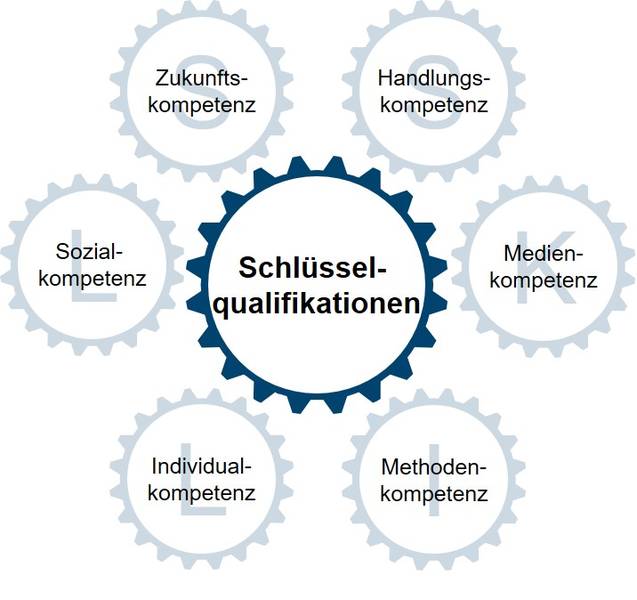
DASCHE-Konferenz
Kathy Meyer-Ross presented at the DASCHE-Conference "Meaning and role of social competence in higher education – voices of research and practice" on June 13th 2019 in Bremen a paper about "Simulation/role-play as testing tool and for grading social competence".
In higher education and in this case at the University of Applied Sciences in Dresden students attend a module, they are tested on the context of the module and graded according to their performance.
I teach in the mandatory module W414 International Business Environment and Communication the 1. semester International Business Bachelor students Intercultural Competence. Intercultural Competence is defined and divided into
- Social Competence: Ability to work in a team, Empathy and Tolerance, (Meta)communication and mediation skills and Adaptability
- Individual Competence: Willingness to learn, Role of distance, Tolerance of ambiguity, Optimistic attitude
- Professional Competence: Expertise in the area of Responsibility, Professional Experience, Knowledge of the professional infrastructure
- Strategic Competence: Ability to organize, Knowledge Management, Problem-solving/ decision-making ability
According to Biggs’ Constructive Alignment I define my teaching/learning outcome, I decide on the teaching method and think about how to test and grade the result of this test. Teaching Intercultural Competence is difficult, however, there are theories and studies to present and discuss. Testing (and grading) Intercultural Competence is almost not possible. I have no opportunity to put my student-to-be-tested into an international team and watch him or her to deal with uncertainty, if he or she is ambiguity-tolerant and is able to endure the tension between ambiguity and contradicting antagonisms. My students have to simulate for the final exam in a team of 8 (international mixed) students a problematic situation at the work place and solve it. The students write a screenplay according to the theories on intercultural theories (including social, individual, professional and strategic competence) and solve it with the (e.g. communication skills’) tools presented in the classroom. The purpose of the simulation is to show an understanding of values and norms, cultural orientations in comparison and an intercultural ability to communicate with certain techniques. Even so it is not a real situation / problem at work, the students carefully reflect the theories and bring them into action and use/practice certain techniques and I get a glimpse into not only by heart leant theories but practical understanding and ready-to-use techniques to deal with e.g. uncertainty, ambiguity and contradicting antagonisms. I have a chance to judge and grade competence.

